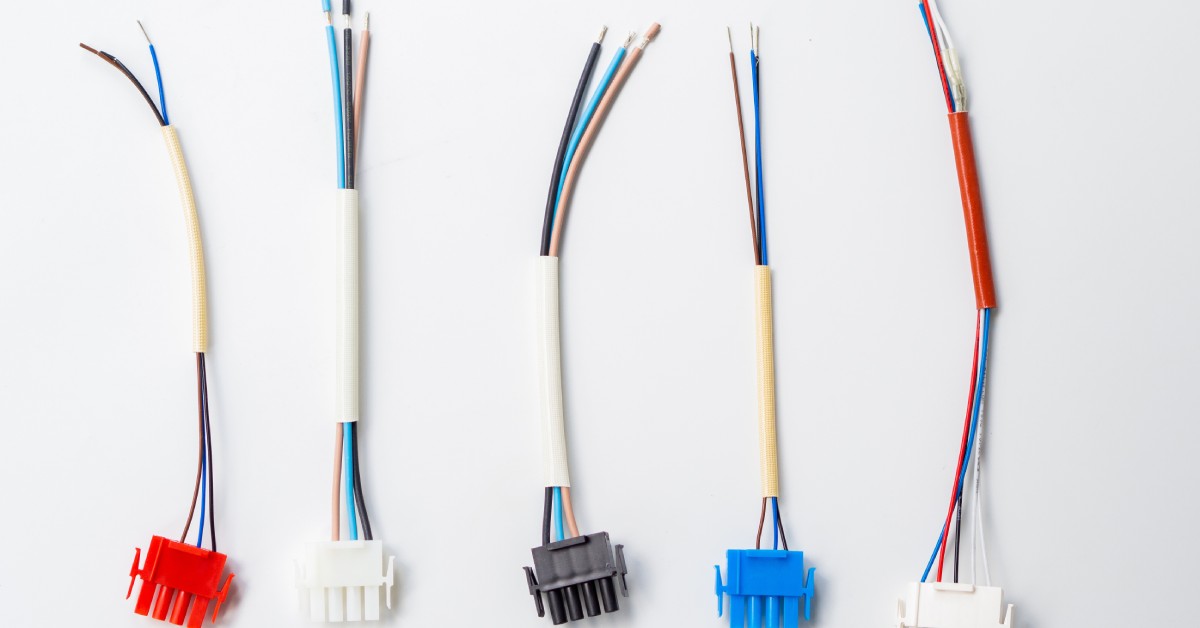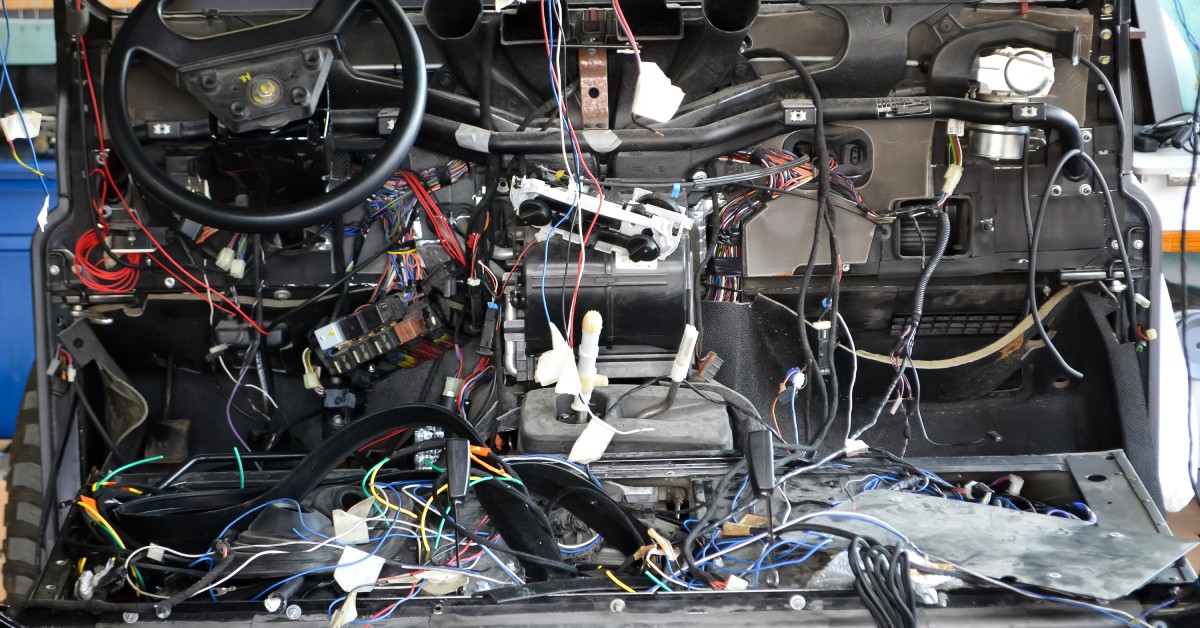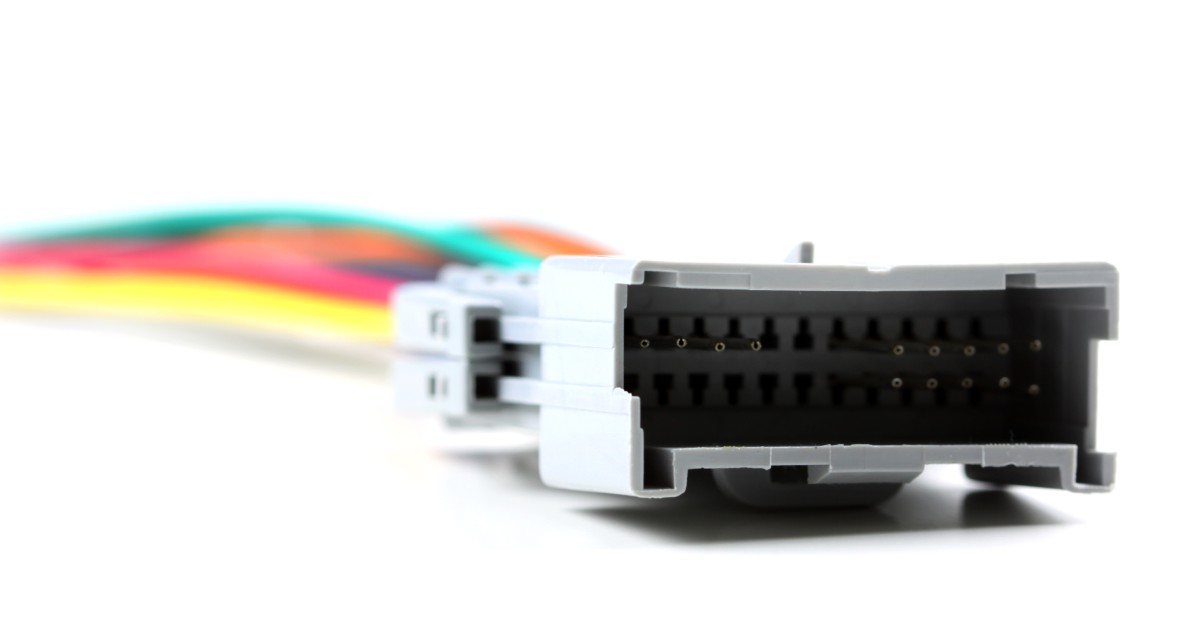The Dangers of Using Salvaged Electrical Connectors
The Dangers of Using Salvaged Electrical Connectors

Electrical connectors play a crucial role in electrical systems, providing a secure and reliable connection between wires, cables, and other electrical components. In the context of vehicles, these connectors enable critical functions—starting the engine, operating lights and signals, and powering various sensors—underscoring their importance in the automotive industry.
Using reclaimed connectors in vehicles comes with numerous risks, including equipment failure, injury, and in the worst cases, death. Delve into the dangers of using salvaged electrical connectors.
What Are Salvaged Electrical Connectors?
Electrical connectors join electrical circuits. They come in different shapes and sizes, and their main purpose is to create a secure connection between two or more wires. Salvaged electrical connectors refer to previously used connectors that are being reused in new electrical installations.
One of the main reasons people may use salvaged electrical connectors is that it can be cheaper than buying new ones. However, using salvaged connectors is a dangerous alternative that may damage the vehicle or endanger the driver.
What Are Certified Electrical Connectors?
OEM (original equipment manufacturer) or certified electrical connectors are brand-new connectors that undergo rigorous testing to ensure safety, reliability, and compatibility with the intended system.
If the connector works as it should throughout testing, the manufacturer approves it, then markets it as “certified” or “OEM.” These connectors may cost more but come with a guarantee of safety and performance.
Risks of Using Salvaged Electrical Connectors
Some people use salvaged connectors for vehicle repairs due to their lower cost and immediate availability. However, using these parts can lead to many problems that may compromise a vehicle’s safety, performance, and longevity.
Compliance and Certification Issues
Salvaged connectors can quickly lead to non-compliance with vehicle safety and emissions standards. These connectors are not certified by the OEM, making it difficult to ensure they meet the requirements.
Additionally, using non-compliant parts can result in legal implications, especially if the components contribute to vehicle malfunctions or accidents. Automotive regulatory bodies require all vehicle components to meet specific safety and emissions standards.
Damage to the Vehicle
Buying a salvaged connector is like buying a used car battery—you don’t know what the previous owner did to it! While there’s a chance the component will work, there’s also a risk that it could fail prematurely.
Over time, damaged parts can malfunction, resulting in costly repairs. The risk of additional damage makes salvaged connectors a poor choice for maintaining vehicle integrity.
Long-Term Cost Implications
While salvaged connectors may offer short-term savings, they often lead to higher long-term costs. As inferior parts fail, frequent repairs become necessary, driving up maintenance expenses.
The reduced lifespan of the vehicle due to compromised components can translate into significant financial losses. Luckily, investing in high-quality, OEM-approved parts is a more cost-effective strategy over the vehicle’s lifetime.
Unreliable Performance
One of the dangers of using salvaged electrical connectors is their potential to cause unreliable performance. These connectors often lack precise engineering and quality control of OEM parts, leading to inconsistent functionality.
When you replace a genuine automotive connector with a salvaged one, the connector may fit but not function correctly. The result can be intermittent electrical issues that are difficult to identify and fix. For example, if you use a salvaged connector to repair your vehicle’s headlights, it may start working initially but fail later, causing inconvenience and potential safety hazards.
Safety Hazard

Automotive connectors correspond to numerous areas of your car (power locks, the battery, headlights, radio, etc.) and ensure they work correctly. Since a used connector’s history is often unknown, you cannot guarantee its performance or safety, putting yourself and others at risk. Installing substandard connectors can impair essential systems like airbags and anti-lock brakes, which can lead to more serious consequences in the event of an accident.
Why It Matters
When you run an automotive repair business, the public relies on you to fix their vehicles. Poor-quality work risks the safety of everyone on the road.
Poor Reflection of Your Brand
If you own an automotive repair shop, you have to maintain a good reputation for quality and safety. Using salvaged connectors can reflect poorly on the standards of service you provide. Customers may lose trust in your expertise if they discover you use uncertified or inferior parts in their vehicles.
Moreover, installing salvaged connectors in customers’ cars can compromise their safety and result in legal implications, further damaging your reputation. However, by using OEM-certified parts, you can assure your customers of the quality and reliability of your services.
What To Look for in Electrical Connectors
Choosing the right electrical connectors for your vehicle is essential for ensuring reliable performance and safety. Salvaged connectors might seem cost-effective, but they come with significant risks. When shopping for electrical connectors, consider the following:
Certifications
Using salvaged connectors can lead to non-compliance with vehicle safety and emissions standards. Non-certified parts can have legal implications, as they may not adhere to the strict regulations of automotive authorities.
Always look for OEM-certified connectors to maintain compliance and ensure your vehicle meets all safety and regulatory standards.
Quality
The quality of the connectors you use in your vehicle can significantly impact its performance and longevity. Salvaged connectors often suffer from wear and tear, compromising their reliability. Damaged connectors can cause additional harm to the vehicle’s systems and components.
Some connector manufacturers assemble OEM-certified connectors in-house to ensure the highest quality, performance, and safety.
Pro Tip
Read customer reviews as you evaluate your options of who to buy from so you get your money’s worth.
Compatibility

Compatibility is another critical factor when selecting electrical connectors. Salvaged connectors may not be compatible with your vehicle’s make and model, leading to unreliable performance.
Manufacturers design OEM connectors for certain vehicles, so using salvaged parts may compromise your vehicle’s functionality and safety. For instance, a company may assemble genuine 10-pin electrical connectors compatible with specific semi-truck models but not others. Using uncertified connectors can result in problems like short circuits and electrical fires.
Shop for Reliable Connectors
Using salvaged electrical connectors may seem like a cost-effective solution, but it comes with significant risks that far outweigh any potential savings. Connector Experts is a reputable supplier of high-quality, OEM-certified automotive connectors for different vehicle makes and models. Shop our collection today to purchase the connectors you need for automotive electrical repairs.

You must login to post comments.